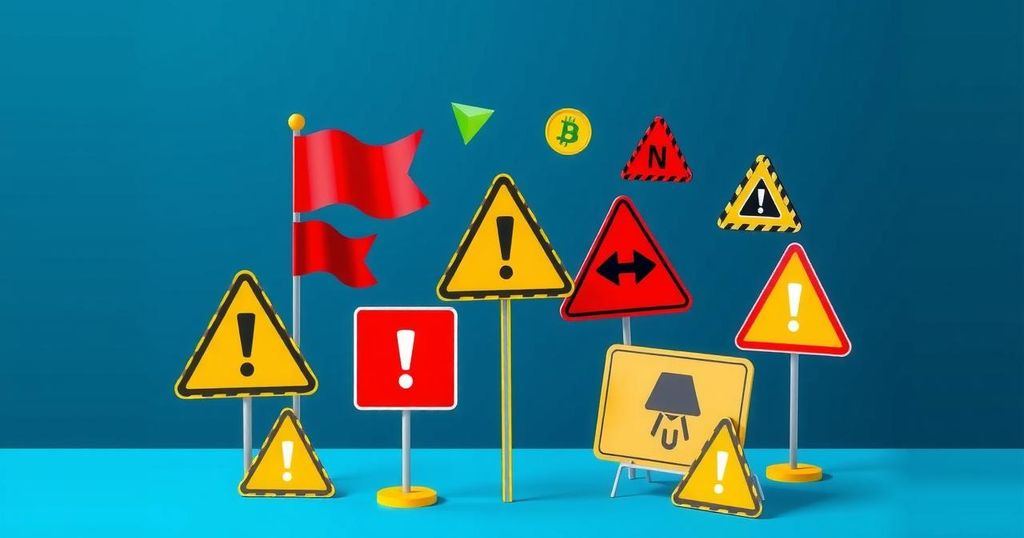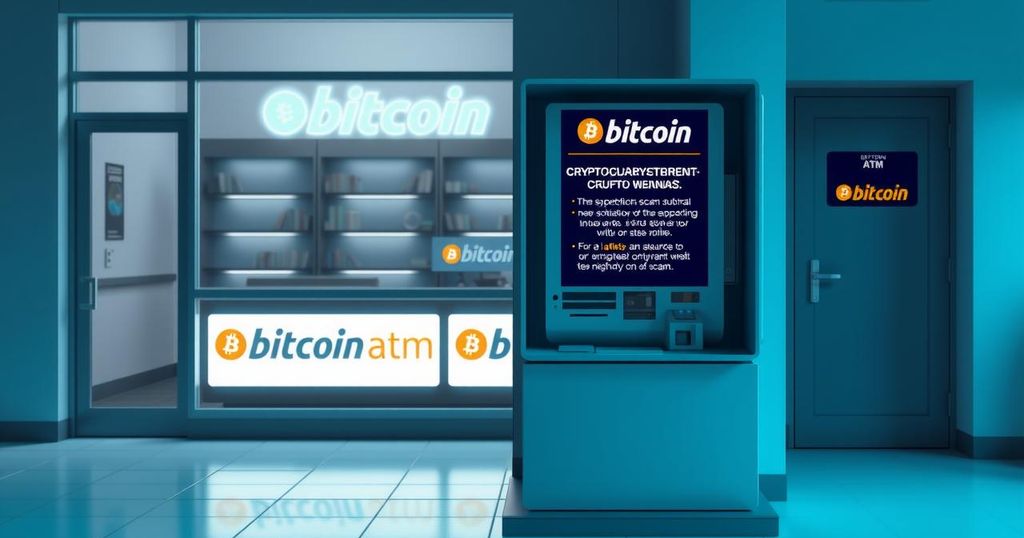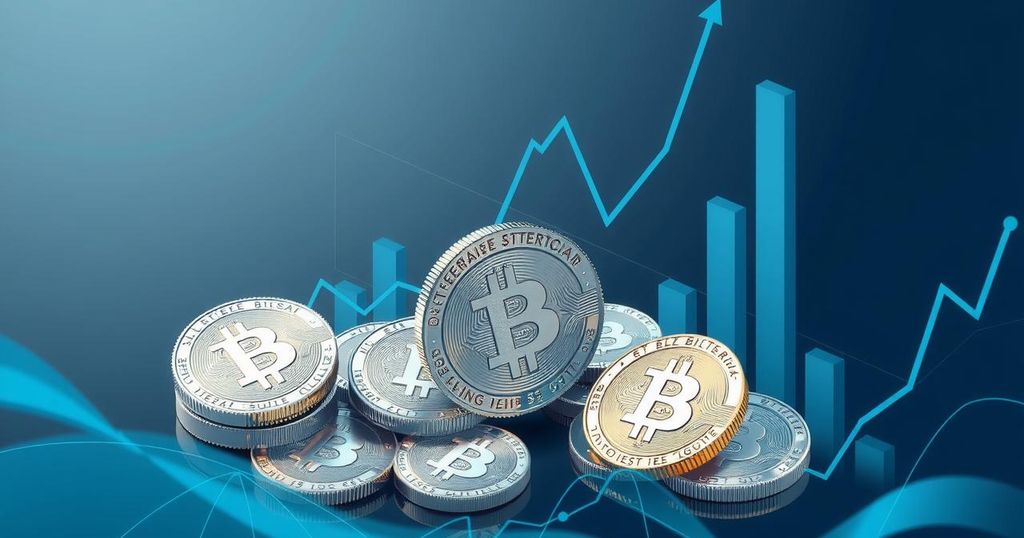Springfield Police Warn of Rising Cryptocurrency Scams As Losses Surpass $1.2 Million
The Springfield Police Department warns residents about the rise of cryptocurrency scams, which resulted in over $1.2 million lost last year. The department encourages quick reporting of scams and outlines key warning signs, such as guaranteed returns and unsolicited messages. Some funds were recovered, but many victims remain silent due to shame.
The Springfield Police Department (SPD) issued a warning about the rise in cryptocurrency scams, noting that over $1.2 million was lost in 53 reported cases last year. This alarming figure indicates a significant challenge for local residents. SPD’s press release highlighted that detectives managed to recover $109,389 from these scams, but the department is urging caution among the public.
Detective Mark Stewart, who focuses on financial crimes, emphasised that many victims feel embarrassed about their situations and often choose not to report them. “Criminals are very good at what they do. Victims are not alone,” Stewart remarked, stressing the importance of seeking help.
With cryptocurrency scams evolving and becoming more complex, SPD outlined several warning signs for residents to watch out for. First, any claims of guaranteed or exceptionally high returns should raise red flags. Legitimate investments do not offer risk-free profits. Secondly, if you encounter urgent demands or limited-time offers, this is often a tactic used by scammers to pressure individuals into rushed decisions.
Another warning sign is if you’re asked for advance payments or fees, especially in cryptocurrency like bitcoin. Unsolicited messages from unknown contacts through various channels—be it social media, text, or email—are also suspect. Furthermore, if someone instructs you to keep the interactions secret, it’s a classic isolation tactic seen in fraud cases.
Scammers often impersonate government agencies, businesses, or even romantic partners to gain trust. If the platform you are using is unfamiliar and restricts withdrawals, that’s another possible sign you could be dealing with a scam. Lastly, it’s crucial to never share sensitive information such as wallet credentials, remote access details, account information, or private keys—it’s a sure way to fall victim to these scams.




Post Comment